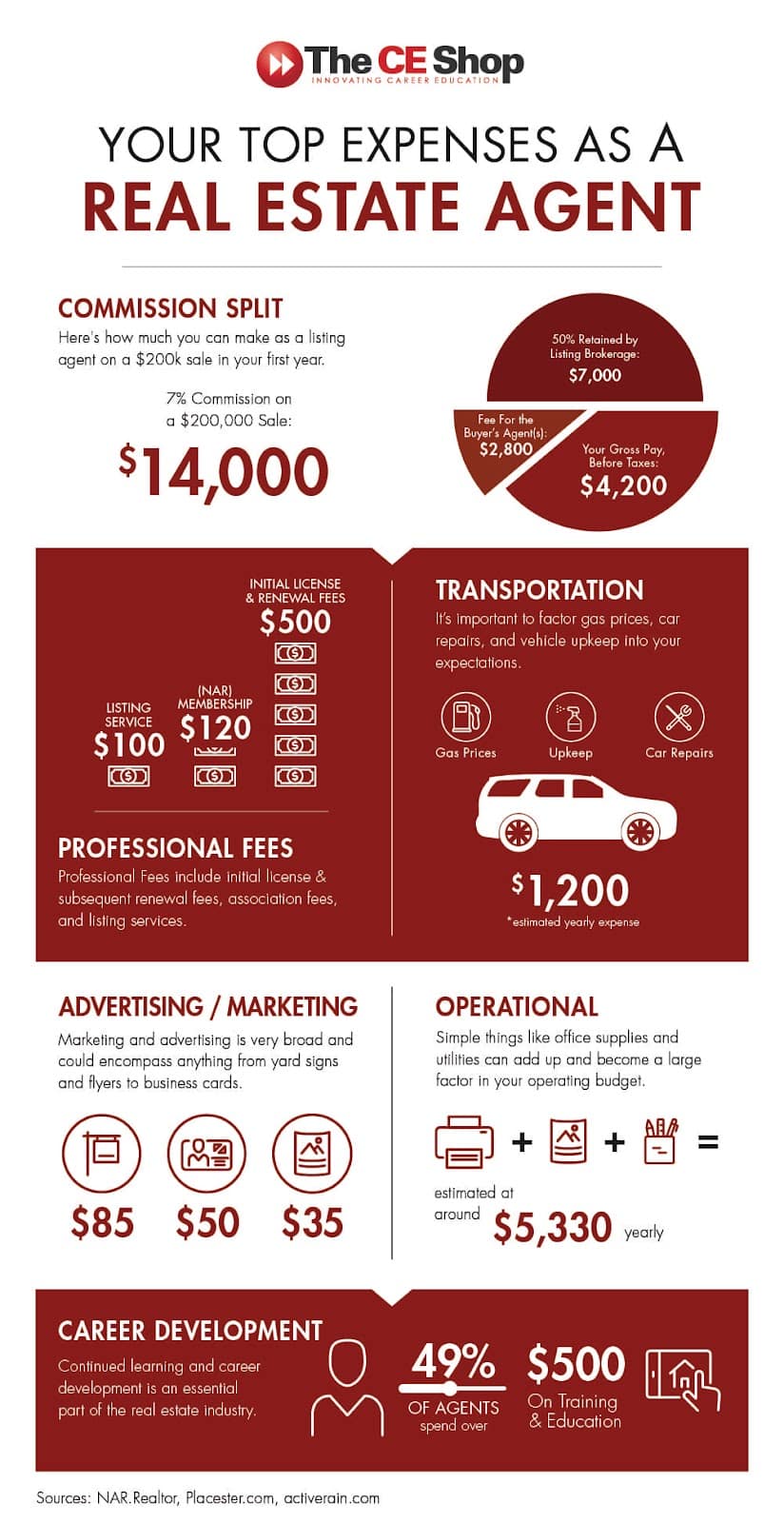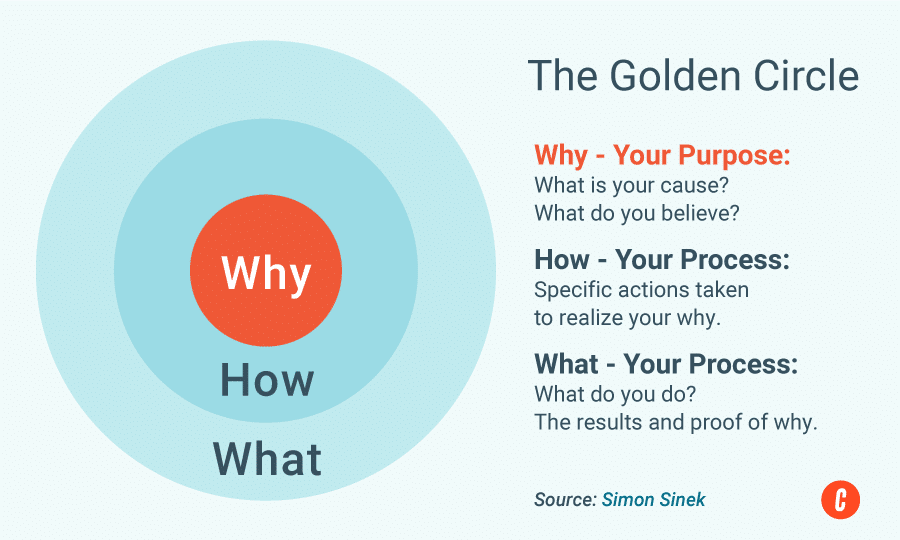The reality isn’t as glamorous as it looks on TV. Many agents leave the industry within a few years, struggling with inconsistent income, fierce competition, and building a steady client base. So, why do so many agents struggle? Read on as I discuss why real estate agents fail, their challenges, and the keys to long-term success in real estate.
What percent of real estate agents fail
Inman reports that 71% of real estate agents didn’t close a single transaction last year.1 However, this doesn’t necessarily mean all of them failed. Some may have been part-time agents for most of 2024, taking a break or focusing on other aspects of real estate, such as teaching continuing education courses, property management, or investing.
So, how many real estate agents fail? The truth is, there’s no single, definitive source tracking agent attrition across the industry. Many blogs cite statistics like 75% of agents failing in their first year and 87% within five years, but there is no verified data to back these numbers up.
Measuring “failure” is tricky — some agents leave their brokerage but stay licensed, while others exit real estate entirely. What we do know is that many new agents struggle to find traction, and without the proper support, training, and financial planning, it’s easy to burn out within the first few years.
Why do real estate agents fail?
Many agents struggle to find long-term success, and understanding common pitfalls can help you avoid them.
Reason 1: Some agents have the wrong mindset
Owning a real estate business is a challenge that comes with stress. One month, you’re closing deals left and right, and the next, you’re wondering about your next client or paycheck. It’s easy to get discouraged when leads ghost you or deals fall through. Remember that you’ll fail at some point before you become a successful real estate agent. You will have to hear many no’s to listen to a yes.
So, how do you stay motivated? I won’t say it’s easy, but having the right mindset is the answer. Learn from agents who’ve made it and understand that you won’t always have a steady paycheck as an independent contractor — but you always need to be closing. Success isn’t about avoiding failure; it’s about pushing through it.
Reason 2: Some agents don’t have a financial plan

Money, or lack of it, is another main reason why real estate agents fail. Agents often make the mistake of hearing how much commission other agents make and think they’re raking it in (yup, we’re looking at real estate reality television shows!). But they overlook other essential expenses, such as brokerage splits, taxes, courses, marketing, and lead generation. Staying afloat can be challenging without a solid financial plan, especially on a tight budget.
To stay on track, stick to a financial plan from day one. Ideally, you’d set aside at least six months of living expenses as an emergency fund. However, that’s not always realistic for new agents who are still finding their footing. Many start by joining a team, working as an assistant, or opting for a brokerage that offers a salary — to gain experience while maintaining some financial stability.
No matter your path, aim to live on only 50% of your income while saving and reinvesting the 20% to 30%, even during slow months. This way, you’re not just building a business for today but securing financial stability for years.
Reason 3: Agents have a ‘get rich quick’ attitude

Many agents make the mistake of getting into real estate for a quick buck or focusing on closing as many deals as possible. This will hinder building long-lasting relationships, and you won’t have a solid career foundation.
Since NAR’s real estate statistics stated that 88% of homebuyers would use their agent again2, repeat business and referrals are enormous opportunities. If you’re constantly chasing the next deal without nurturing past clients, you’re leaving money on the table.
The best way to avoid this mistake is to invest in a good client relationship management (CRM) system early in your career to build relationships. Add every lead to your CRM and nurture them with check-in calls, text messages, and email newsletters. Real estate is a relationship business; it takes time — there’s no shortcut to success.
Reason 4: Some agents lack essential skills
While real estate education courses teach you about industry laws and regulations, they don’t teach all the ins and outs of a real estate transaction. Since most states require only 60 to 180 hours of coursework, it’s easy to get a license without much barrier to entry. New agents make the mistake of passing their exams and not learning or practicing essential real estate skills, such as adaptability, negotiation, and problem-solving.
Sharpening your skills takes effort beyond passing the exam. Consider what clients value in an agent. For starters, 94% of homebuyers want their agent to know the purchase process and 92% value strong market knowledge.3 The more you refine your skills, the more confident and effective you’ll be in every transaction. Continuing education courses can give you an edge and help you better serve your clients.
Reason 5: Some agents aren’t good at following up

Why do most real estate agents fail? Simple — they don’t follow up. Many agents give up after the first or second attempt, assuming a lead isn’t interested. But here’s the thing: most buyers and sellers aren’t ready to commit immediately. Real estate is all about timing. If you’re not consistently staying in touch, another agent will be there when your leads are ready to decide.
Following up isn’t about being pushy but building a relationship. Genuinely care about people and how they are doing. A quick check-in, a market update, or a friendly “How’s your home search going?” keeps you top of mind. Don’t just talk about business every time you follow up.
Reason 6: They quit when it gets tough
Wanna know why real estate agents fail? Because some don’t buckle up and get through the difficult seasons. Real estate isn’t always smooth sailing — every agent experiences low seasons, tough clients, and deals falling apart. The real estate agent success rate is low because agents don’t commit to the business’s ups and downs, treating it like a temporary gig rather than a long-term career.
The key to lasting in this industry is knowing your why. If your only motivation is a paycheck, it’ll be easy to walk away when things get complicated. Successful agents stay focused on their bigger purpose — helping clients or building financial freedom. Lean on a strong support system and remind yourself daily why you started in the first place.

Reason 7: The wrong brokerage can hold agents back
Picking the wrong brokerage, especially as a new agent, can make or break your success. Some offer little to no training, leaving you to figure things out alone. Your brokerage firm should be more than just a place to hang your license; it should set you up for long-term success.
So, how do you choose a brokerage? Before signing with a brokerage, find out what training and coaching resources they offer. It’s much harder to realize later that you’re stuck somewhere that isn’t helping you grow. If your team doesn’t offer coaching and give you tools to succeed, invest in one yourself, as long as it fits within your budget.
Is real estate hard: Challenges real estate agents face
Whether you’re still considering a real estate career or already licensed, it’s essential to understand the hurdles many agents face.
- Struggling to generate consistent leads: New agents often underestimate the effort required to generate leads, leading to inconsistent income and frustration.
- Handling rejections and difficult clients: Rejection is inevitable, but how you handle it makes all the difference.
- Managing long work hours and work-life balance: A flexible schedule can blur the line between personal and professional time. Without proper time management, you may find yourself overwhelmed.
- Keeping up with the latest technology: There’s always a new platform that can make an agent’s life easier. While the learning curve might be steep, staying on top of the latest tools and trends helps you remain competitive.
- Unsteady income and financial pressure: Having a commission-based business means income can be unpredictable.
Winning strategies for real estate agents
I know, I know. You’ve already seen countless strategies from many real estate books and articles. But here are some things we’ll keep reiterating because they actually work:
Frequently Asked Questions (FAQs)
Is being a real estate agent hard?
Of course, it’s hard but just as rewarding. Getting your license can be daunting, and landing your first client can be even more difficult. Like any other business, real estate demands patience and persistence. But one thing’s for sure: success doesn’t come overnight. Some agents take years to build a thriving business, and those who stick with it are the ones willing to adapt and put in the work.
What do most realtors struggle with?
The real estate market can be very unpredictable. So naturally, most realtors struggle with fluctuating market conditions, generating leads, and dealing with rejection, marketing, and lead generation expenses.
Is there a future for real estate agents?
Absolutely. While artificial intelligence (AI) and technology are evolving and changing the industry, many buyers and sellers still rely on real estate agents for guidance. The key to staying relevant is staying on top of tech trends and refining your skills.
Your take
At The Close, we’re here to help you at every step of your career. It doesn’t matter what percent of real estate agents fail — what matters is what you do to avoid becoming part of that statistic. Remember, real estate success comes from consistency, adaptability, and the willingness to keep learning.
Do you practice any of these winning real estate agent tips? Do you know of any other reasons why real estate agents fail? Share your experience in the comments!










